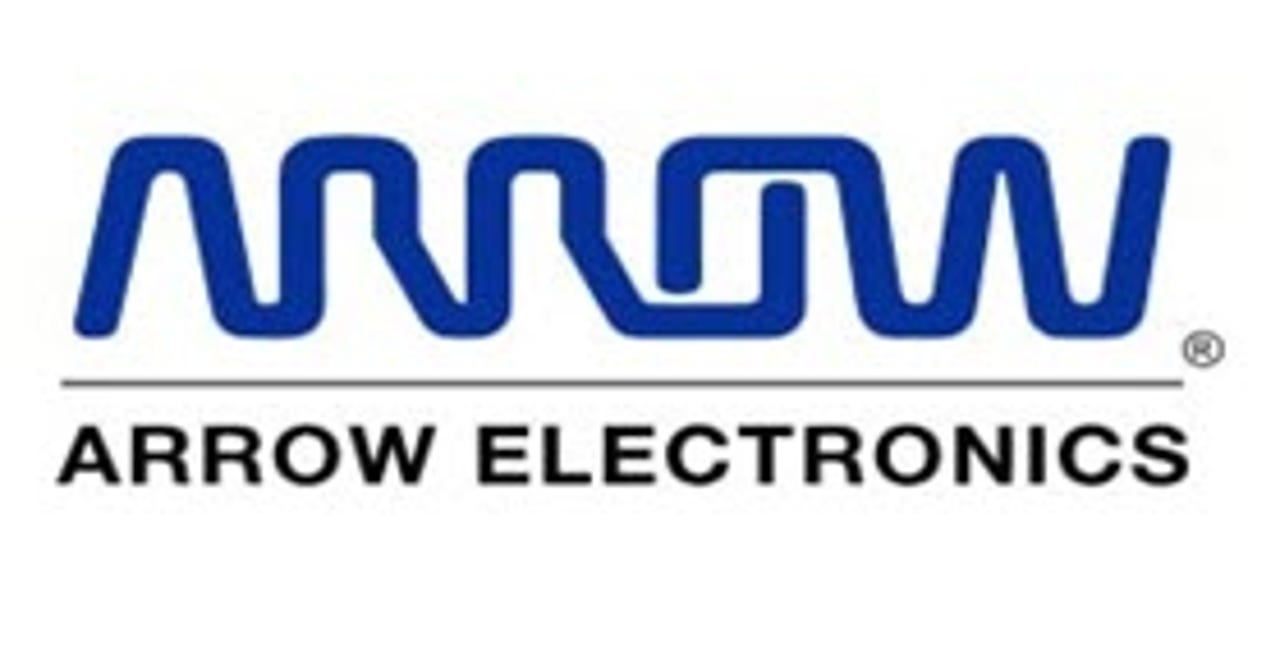CMO report: Gaining adoption and measuring ROI at Arrow Electronics


For many Chief Marketing Officers, gaining internal support and measuring the ROI of marketing and branding efforts are key goals.
CXO-Talk
As with any other corporate function, driving transformation in marketing requires an executive mandate, bolstered by an organizational consensus that change is a Good Thing. Likewise, although measurement in the digital age is a holy grail, gaining precise metrics on important initiatives can be difficult.
During episode number 154 of CXOTalk, I put these questions to Rich Kylberg, CMO of Arrow Electronics. You can watch the entire conversation below and read a complete transcript on the CXOTalk episode page.
With revenue of $23 billion, Arrow is a large supplier of electronic components serving a highly diverse set of customers and industries. To help unify the company's broad market footprint, Arrow created the site FiveYearsOut.
Here is an edited and abridged transcript of my conversation with Rich Kylberg. In these comments, Rich presents his perspectives on marketing adoption, measuring the ROI of branding efforts, and the role of marketing within Arrow.
How do you gain adoption for marketing programs?
The only way to get the adoption is by insisting on quality work. Not some corporate mandate because I report to the CEO, or I'm in the corporate headquarters, none of that.
The key to adoption, which I know that a lot of marketing folks struggle with, is really the quality of production and distribution of those messages.
If we do that right, there's not an adoption question, people will say, "Can we have that. Give that to us. That's great. Oh, we didn't have access to something like that before."
Do you measure the ROI of branding efforts?
I do not believe anywhere in the world there is a system to measure accurately ROI on brand marketing. If it did exist and someone had it, they would use it and be the greatest brand on the planet, the only great brand on the planet, because they would have measured everything to the point where they optimized everything, and it just works.
I try to divide my budget into two categories: content creation and content distribution. Now, I can't tell you from an ROI perspective whether the average campaign returned 1.6% or 3.5% or 7.8, or 1600%. But I believe that the average marketing campaign probably cleared the average company's capital hurdle rate, capital cost rate or they would stop all marketing. Every company on the earth would have stopped it. Nobody is stopping it. Why? Because the average campaign works.
So, if I've got an average message with average distribution, it's going to have a positive ROI. I'm not saying we don't measure things and I've got some studies here that indicate, for example, that over $1 billion of Arrow market cap is attached to reputation.
At the end of the day, one of three things is going to happen.
We are either going to do nothing, and the brand is just going to be the same and we've spent all this money, and nothing is going to come of it. Or, we are going to spend this money and hurt the company somehow. Well, I'd be allowed to do that for about a week, and I would be fired. Or, we're going to improve the position of this company in the marketplace.
Now specifically how much? Good luck measuring that. But, as long as we continue this work, and the feedback loops of number of people applying for jobs here, quality of people applying for jobs, the customers and suppliers telling us "I loved your message and vision for your company." As long as our employees are saying, "I'm proud to work here, I'm proud of these messages, and I'm proud to be sitting here watching the Super Bowl this week, and there is an ad from my company. I'm proud of this company."
As long as we get that feedback, even though I don't know the precise ROI, I think I'll keep my job for a while.
What is your role with other departments at Arrow?
I prefer to play a supporting role, where if a business unit is working on strategy our opinion and advice is valued but that's all it is. We're never going to know as much about the markets they serve as they do. I try to stay in an advisory capacity.
At the end of the day, we make some recommendations based on our professional experience. I'm part of a team here and trying to help.
As I've disconnected from business unit decisions, it's freed me up to focus on more visionary aspects of the company, and the brand, such as, "What does Arrow stand for in this world?". It's probably in the best interest of the corporation for me to be a little bit separate and trying to think at the 50,000-foot level about how we drive this company relative to competitors and the macro world.
Watch new episodes of CXOTalk every week and learn from the most innovative people on the planet.